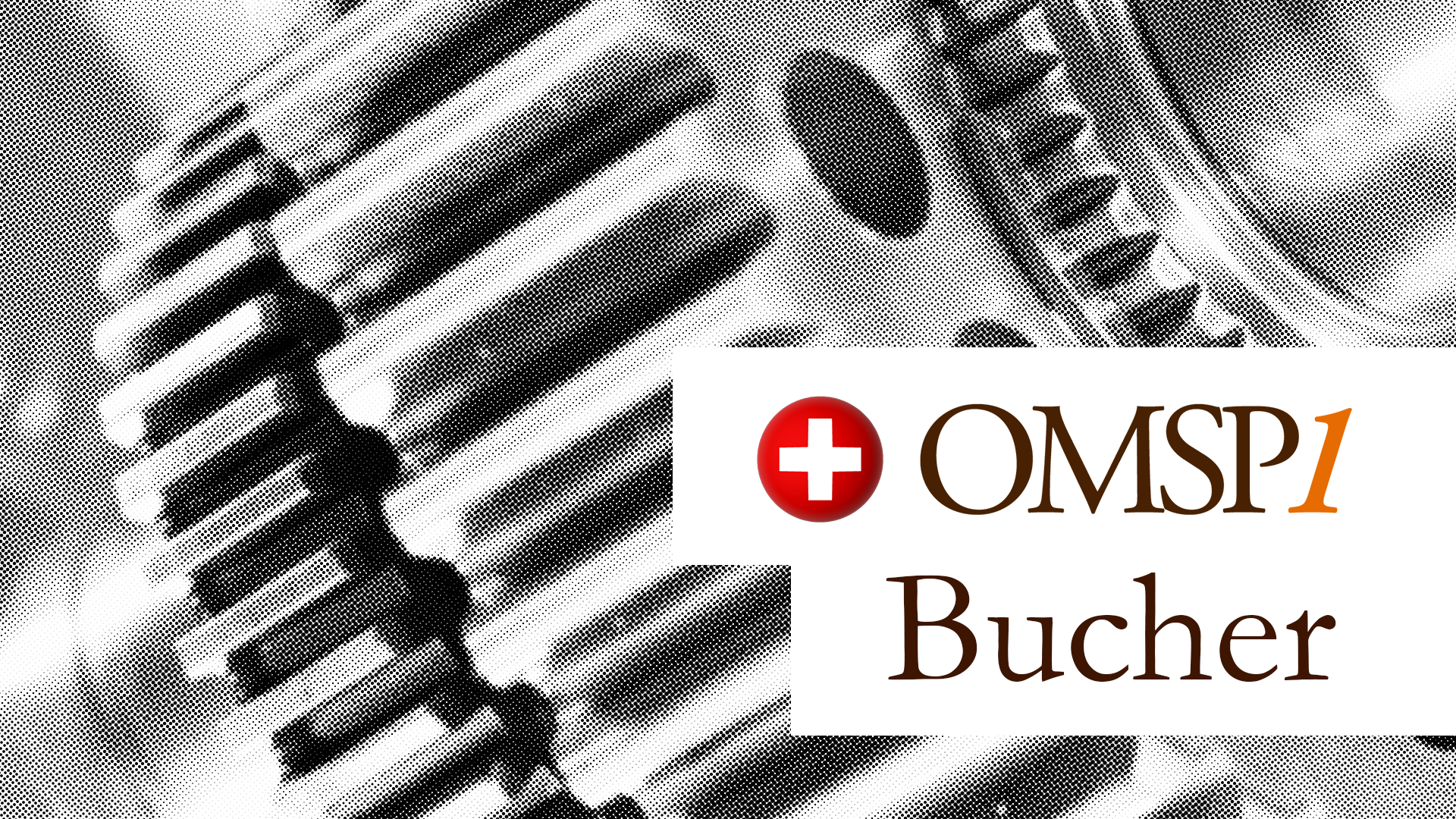Quick Facts
- Bucher Industries has been a machinery and vehicle manufacturer since 1807, based in Switzerland, with around 14,000 employees and over 50 production and development sites across five continents.
- Newest addition to the OMSP1.
Pros
- Strong innovation capability for over 200 years ✔
- Dividend yield of 3.40% ✔
- Strong balance sheet with an equity ratio of 61.4% (⌀ for the SMI is ≈ 38%) ✔
Cons
- Demand decline due to economic downturn ❌
- Low growth and expected decline in operating profit margin ❌
- Negative free cash flow in the last two years ❌
Are you looking for diversification away from the traditional Swiss financial, insurance, or pharmaceutical stocks? Our latest addition to the Obermatt Swiss Pearls Index, Bucher Industries, a machinery and vehicle manufacturer, does just that.
Do individual stock purchases and maintaining your stock portfolio take too much of your free time? Check out the first financial product based exclusively on the Obermatt 360° View: Obermatt Swiss Pearls Index.
Bucher Industries specializes in the development and manufacturing of machinery and equipment for agriculture, municipal services, hydraulics, glass processing, and food technology, thus operating in the industrial sector. For example, they produce street sweepers that keep cities in Germany and Austria clean. They also own a well-known subsidiary, Kuhn, which manufactures agricultural machinery for crop cultivation, fodder harvesting, and other areas, accounting for 39% of Bucher Industries' total revenue.
Bucher Industries has made a name for itself through continuous innovations in technology and product development. The company invests continuously in research and development to offer its customers advanced and efficient solutions and is an internationally active group. The majority of its revenue comes from Europe (62%) and smaller portions from North America (16%) and Asia (9%). With production facilities and distribution networks in over 100 countries, the company can effectively meet the needs and requirements of different markets and adapt to local conditions. These strengths are reflected in Bucher Industries' strong financial metrics. The return on equity in 2023 was 20.2%, which is significantly above the cost of capital of 8%. In addition, it has a solid equity ratio of 61%, making it less affected by interest rate developments.
Like any company operating in the agricultural and production sectors, Bucher Industries is dependent on global economic fluctuations and changes in commodity prices. The sectors in which Bucher Industries operates are highly competitive. These two factors are reflected in the decrease in demand and the lower growth expected in the coming year. To maintain and expand its market position, the company must continuously invest in innovation, marketing, and customer service. The high complexity and specialization of Bucher Industries' products require ongoing training and education for employees and customers, which means additional costs and effort. For example, the average number of training hours for employees increased by 45% from 2022 to 2023. Moreover, strict international environmental regulations and the increasing focus on sustainable production can pose a challenge, as adapting to these standards can involve significant investments.
